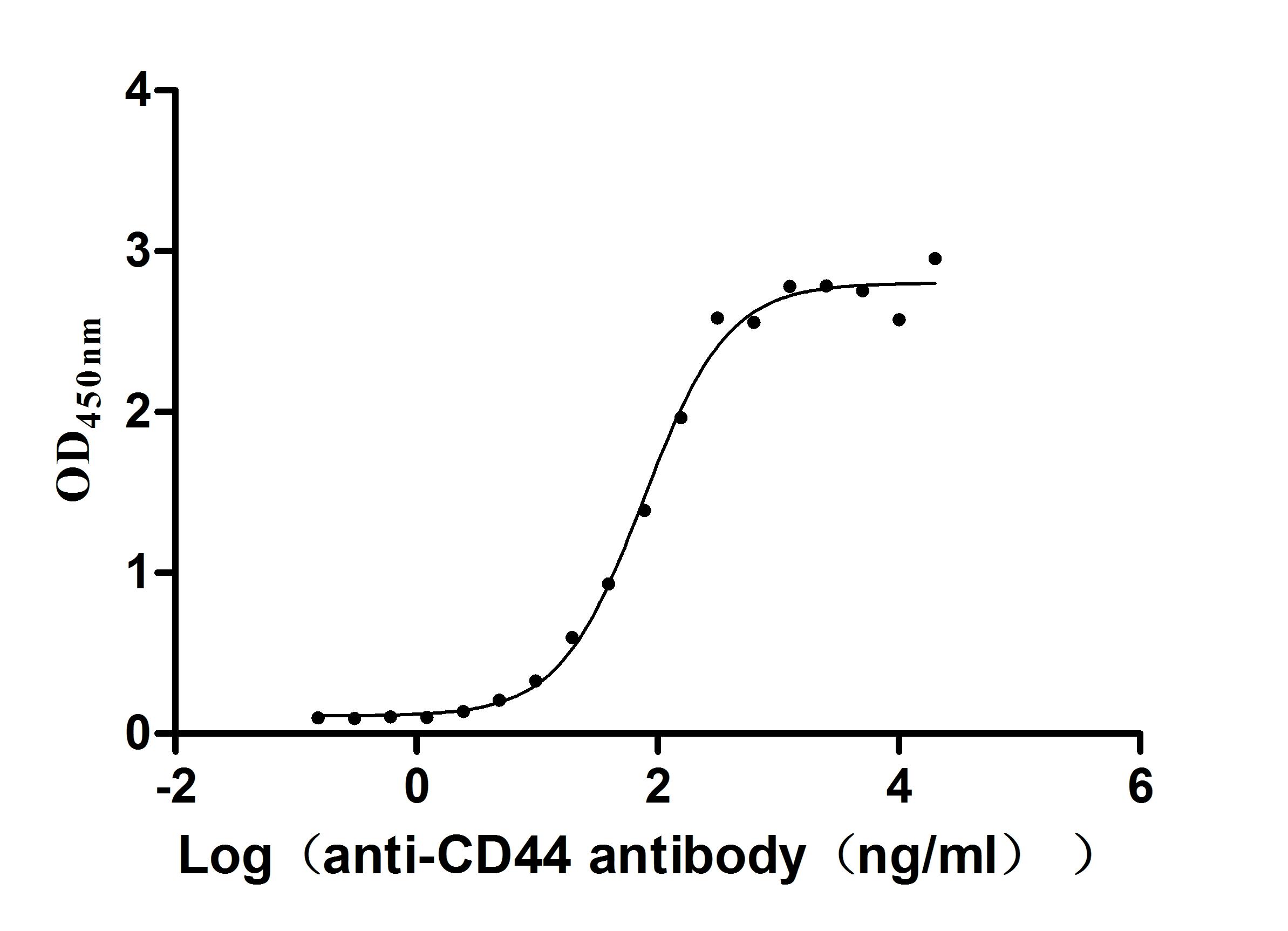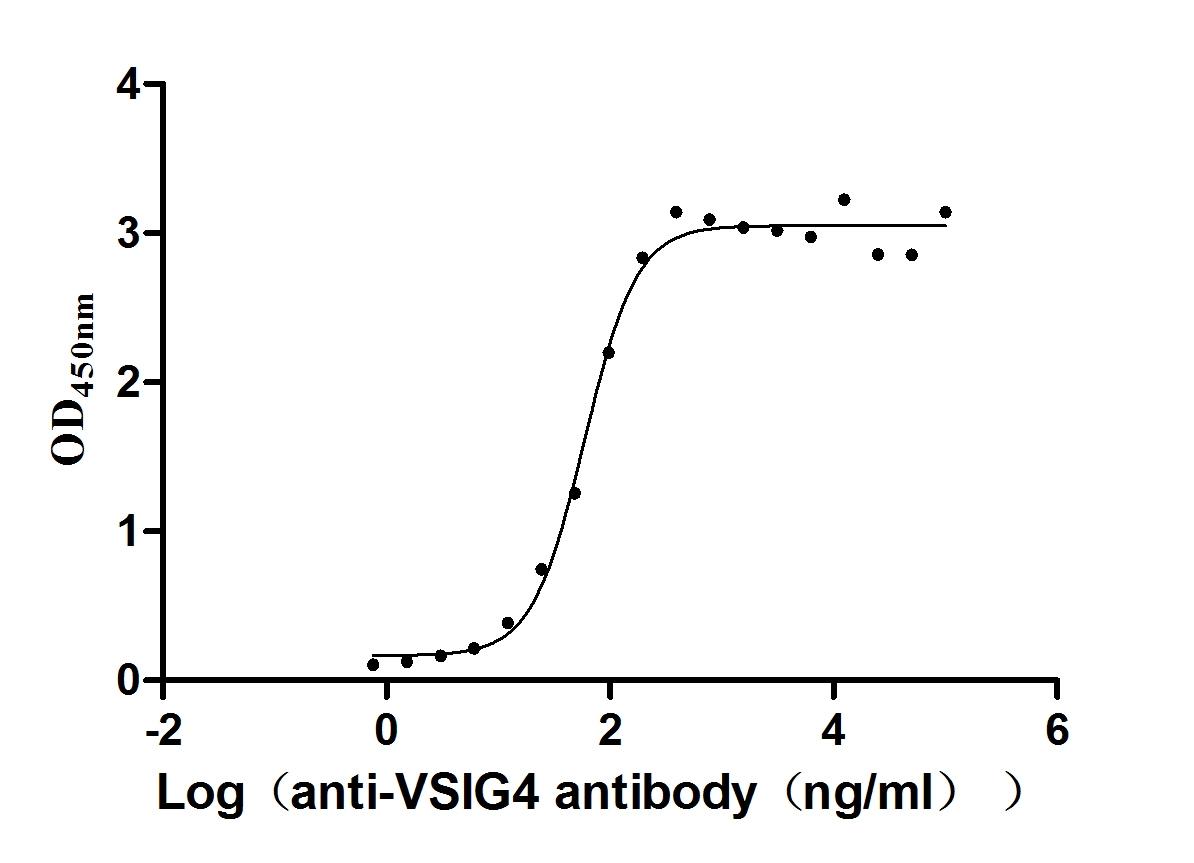Recombinant Dog T-cell surface glycoprotein CD4 (CD4), partial
-
中文名稱:Recombinant Dog T-cell surface glycoprotein CD4(CD4),partial
-
貨號:004935DO1
-
規格:
-
其他:
產品詳情
-
Uniprot No.:
-
基因名:
-
別名:CD4; T-cell surface glycoprotein CD4; T-cell surface antigen T4/Leu-3; CD antigen CD4
-
免疫原種屬:Canis familiaris (Dog) (Canis lupus familiaris)
-
濃度:It differs from different batches. Please contact us to confirm it.
-
保存緩沖液:Lyophilized from Tris/PBS-based buffer, 6% Trehalose, pH 8.0
-
應用說明:Repeated freezing and thawing is not recommended. Store working aliquots at 4°C for up to one week.
-
儲存條件:The shelf life is related to many factors, storage state, buffer ingredients, storage temperature and the stability of the protein itself.Generally, the shelf life of liquid form is 6 months at -20°C/-80°C. The shelf life of lyophilized form is 12 months at -20°C/-80°C.
-
貨期:Basically, we can dispatch the products out in 1-3 working days after receiving your orders. Delivery time maybe differs from different purchasing way or location, please kindly consult your local distributors for specific delivery time.
-
用途:For Research Use Only. Not for use in diagnostic or therapeutic procedures.
相關產品
靶點詳情
-
功能:Integral membrane glycoprotein that plays an essential role in the immune response and serves multiple functions in responses against both external and internal offenses. In T-cells, functions primarily as a coreceptor for MHC class II molecule:peptide complex. The antigens presented by class II peptides are derived from extracellular proteins while class I peptides are derived from cytosolic proteins. Interacts simultaneously with the T-cell receptor (TCR) and the MHC class II presented by antigen presenting cells (APCs). In turn, recruits the Src kinase LCK to the vicinity of the TCR-CD3 complex. LCK then initiates different intracellular signaling pathways by phosphorylating various substrates ultimately leading to lymphokine production, motility, adhesion and activation of T-helper cells. In other cells such as macrophages or NK cells, plays a role in differentiation/activation, cytokine expression and cell migration in a TCR/LCK-independent pathway. Participates in the development of T-helper cells in the thymus and triggers the differentiation of monocytes into functional mature macrophages.
-
基因功能參考文獻:
- Data suggest that in dogs, as in humans, CD4(+) CD25(+) FoxP3(+) Tregs may contribute to the pathogenesis of canine atopic dermatitis as indicated by an association between Treg frequency and disease severity PMID: 26748886
-
亞細胞定位:Cell membrane; Single-pass type I membrane protein.
-
組織特異性:Expressed in macrophages and a subset of T lymphocytes.
-
數據庫鏈接:
KEGG: cfa:403931
UniGene: Cfa.3673
Most popular with customers
-
Recombinant Human Tumor necrosis factor ligand superfamily member 13B (TNFSF13B), partial (Active)
Express system: Mammalian cell
Species: Homo sapiens (Human)
-
Recombinant Human Tumor necrosis factor receptor superfamily member 5 (CD40), partial (Active)
Express system: Mammalian cell
Species: Homo sapiens (Human)
-
Recombinant Human Receptor tyrosine-protein kinase erbB-2 (ERBB2), partial (Active)
Express system: Mammalian cell
Species: Homo sapiens (Human)
-
Recombinant Human R-spondin-1 (RSPO1), partial (Active)
Express system: Mammalian cell
Species: Homo sapiens (Human)
-
Recombinant Macaca fascicularis Claudin 18.2 (CLDN18.2)-VLPs (Active)
Express system: Mammalian cell
Species: Macaca fascicularis (Crab-eating macaque) (Cynomolgus monkey)
-
Recombinant Human Claudin-6 (CLDN6)-VLPs (Active)
Express system: Mammalian cell
Species: Homo sapiens (Human)
-
Recombinant Macaca fascicularis CD44 antigen (CD44), partial (Active)
Express system: Mammalian cell
Species: Macaca fascicularis (Crab-eating macaque) (Cynomolgus monkey)
-
Recombinant Human V-set and immunoglobulin domain-containing protein 4 (VSIG4), partial (Active)
Express system: Mammalian cell
Species: Homo sapiens (Human)


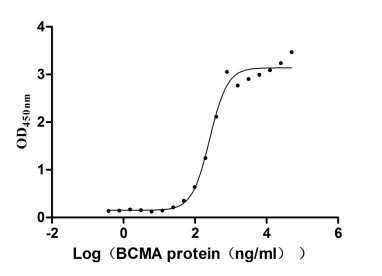
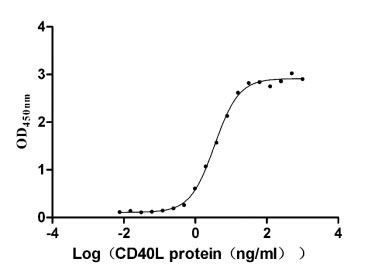
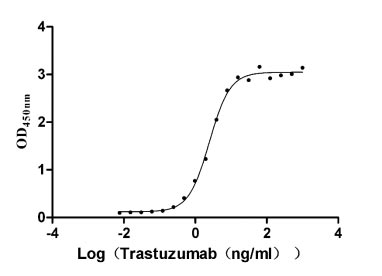
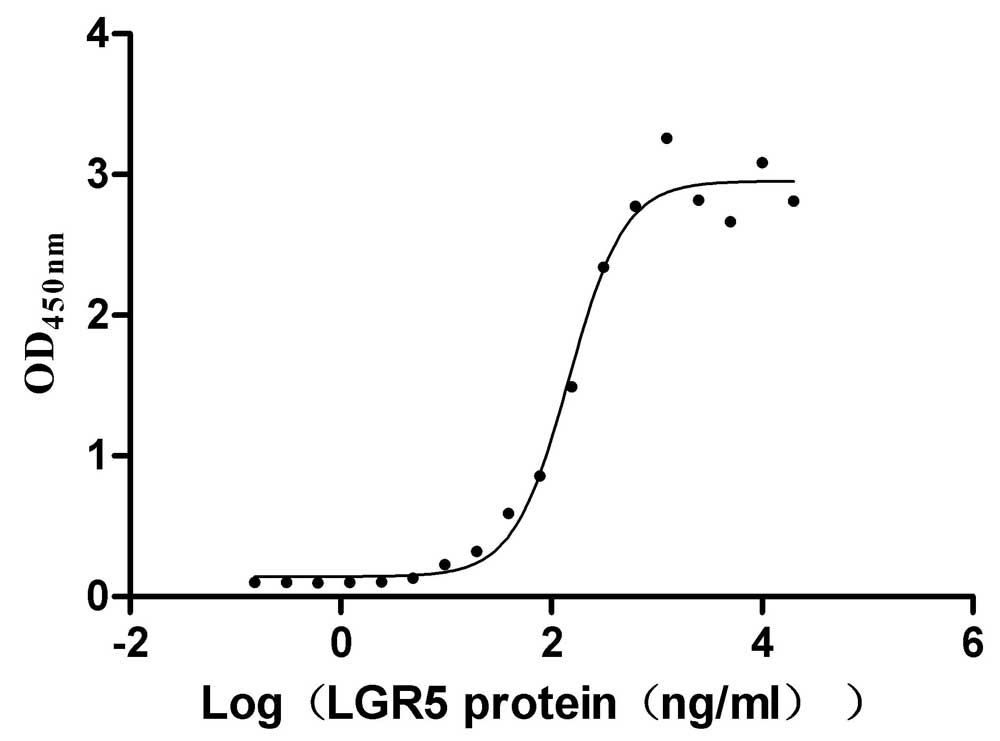
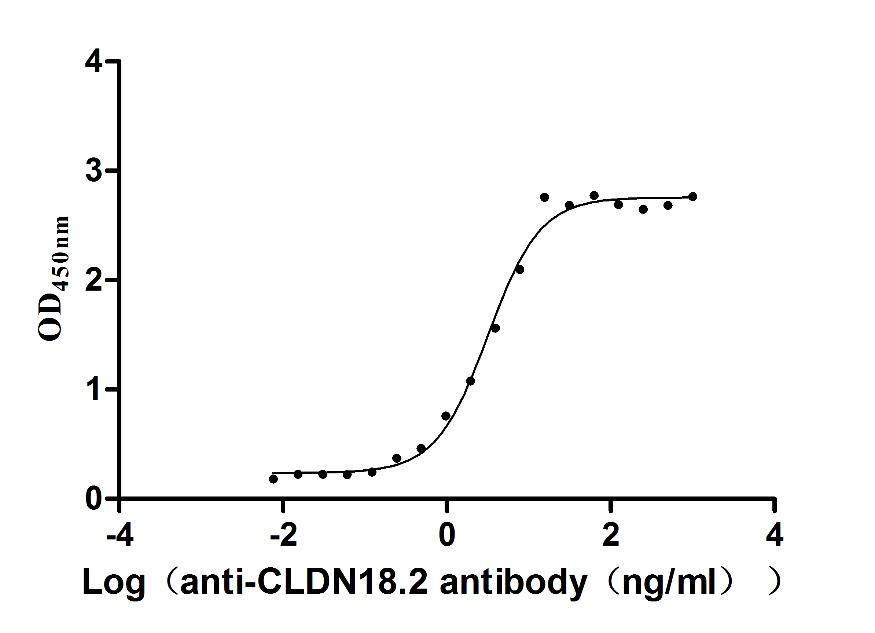
-AC5.jpg)
